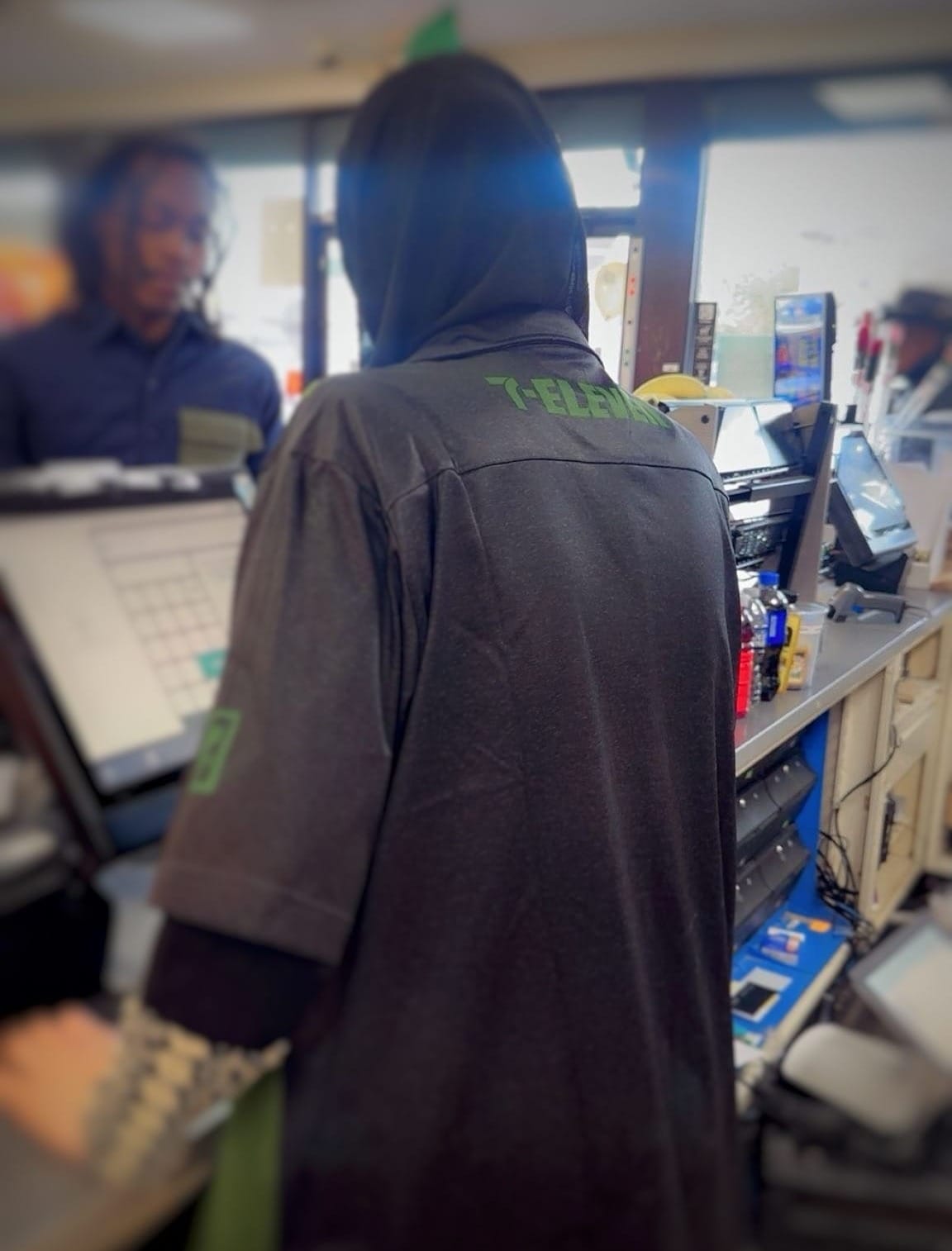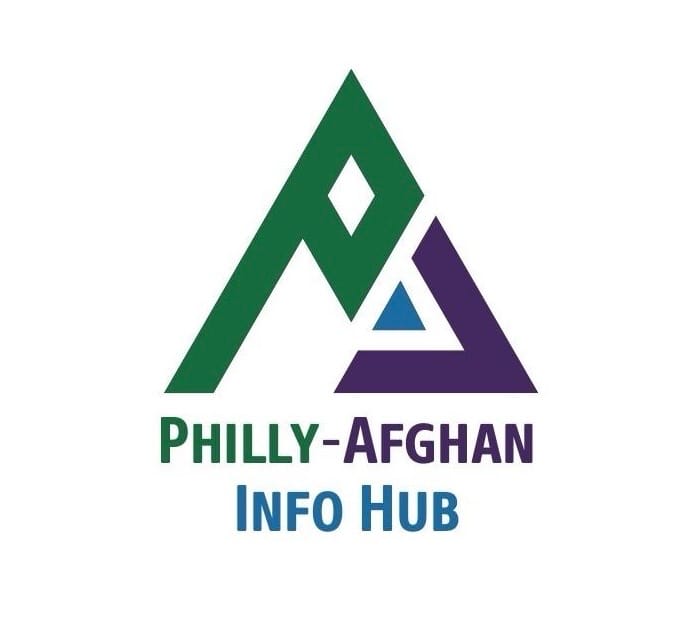An Afghan Mother’s Story and Helpful Resources for Other Moms

Acknowledgments: Interviews were conducted with permission and names have been anonymized to protect privacy.
When Hamida Elham held her two-year-old daughter in her arms, she never imagined that one day she would be forced to build a new life in a foreign country, alone and without knowing the language. In 2018, her husband was kidnapped and killed by anti-government forces, and his body was left inside a bag. Her little girl was still so young when Elham’s world suddenly collapsed. At night, she sat alone crying, but in front of others, she was strong and patient.
She told herself, “I must be strong for my daughter.”
She prayed, read the Qur’an and asked God for help, but no one except her and her child knew the depth of her pain and fear.
Some time later, the opportunity to migrate to the United States arrived. Entering a foreign country, with no language and no acquaintances, was terrifying. The Nationalities Service Center (Nationalities Service Center) office rented a house for her for six months, provided basic supplies, food stamps and health insurance, but Elham still didn’t know where to begin. She didn’t speak English at all. At night, she was afraid of every sound and often hid her tears in her daughter’s embrace.
Language was her biggest barrier. Through NSC, she was introduced to an online English class, but she didn’t even know how to use a computer. She wanted to attend in-person classes, but COVID restrictions were still in place. Her caseworker told her about free classes at the Free Library of Philadelphia, but since all the teachers were English speakers, it was difficult for her to understand their instructions.
After several months in the U.S., still unfamiliar with the language and environment, Elham decided to start attending the mosque for her daily prayers. She needed to find someone who spoke her language and could listen to her struggles. At the mosque, she slowly began talking to women next to her until she found a neighbor, someone she hadn’t known lived so close by.
“At first, I was shy to speak,” Elham said. “But little by little, I started talking to women after prayers. One of them turned out to be my neighbor—and now she’s like family.”
Through this new friend, she was introduced to more Dari-speaking neighbors. Little by little, she realized that she wasn’t as alone as she had felt.
But another challenge loomed. Elham’s six months of housing support would soon end, and she needed to find work to pay rent and expenses. Through her caseworker—often with the help of interpreters—she was connected with some jobs, but most were far away. She couldn’t navigate public transportation yet, and she also worried about childcare for her daughter.
One day, while shopping with her friend near their home, Elham saw a large clothing store. Everything inside felt new and exciting. She wished she could work there someday—it was close to home, and she wouldn’t have to travel long distances.
“I’ve never been afraid to ask for help,” Elham said. “We all need each other, especially when life gets hard.”
A woman at the mosque later suggested a cashier job at a grocery store. Elham accepted. Though it was difficult—standing all day, working in a busy place and not knowing English—she never said “I can’t.” She believed God had given her abilities, and she had to use them.
With help from friends, she learned to use public transportation to get to work, but she often arrived late, which frustrated her boss. One day, after missing the bus again, a Muslim woman driving nearby gave her a ride to work. That small kindness gave Elham the courage to approach the clothing store manager directly and say, “I want to work here.” She was told to apply online. With a friend’s help, she created her first resume and submitted an application. She walked past the store every day, saying, “Soon I will work here.”
Although she wasn’t hired due to high competition, Elham didn’t give up. She kept working at the grocery store, where daily conversations with customers improved her English. She also enrolled in English classes at Columbia College with help from mosque friends.
Her determination didn’t stop there. She practiced for her driver’s permit, got it, and, despite setbacks during her first test, eventually earned her license. With her savings, she bought the car she had dreamed of and finally drove herself to work.
Meanwhile, her daughter started school and stayed with a neighbor (who had become like an aunt) until Elham returned from work. One day, Elham noticed a childcare center on her way home, introduced herself and expressed her desire to work there.
“I saw the childcare center and thought, why not try?” she said. “I had practiced for interviews with my friends, so I went in confident—and I got the job.”
She also enrolled her daughter in the Al-Aqsa Islamic Academy which fit their schedule.
Today, Elham speaks fluent English. Her daughter is thriving in school. She has a job she loves, her own car and dreams of studying medicine. Her true achievement lies not only in her independence but also in her faith, persistence and ability to build a support network that transformed her life from loneliness and fear into hope and success.
Elham’s story proves the power of one individual’s perseverance — but hundreds of Afghan refugees still face similar struggles. For meaningful change, solutions need to be expanded: more accessible language programs, affordable childcare and community-based mentorship programs.
Resources For Single Parents:
- City of Philadelphia:City offers programs like Parenting Education & Support under Philadelphia’s Department of Human Services: free classes, support groups, Parent Cafés etc.
Website: https://www.phila.gov/programs/parenting-education-and-support/
- Single Mom University: Single Mom University courses are designed to teach financial security, positive parenting habits, career preparation, and self-care. Classes incorporate curriculum in three core areas: Parenting, Finances, and Health & Wellness.There is also a special Ministry Leaders track available for those working with single mothers.
Website: https://singlemomuniversity.com/apply-for-scholarship/
- Single Moms Fund: SingleMomsFund is dedicated to providing financial assistance, essential resources, and a supportive community to help single mothers build a better future for themselves and their children.
Website: https://singlemomsfund.com/
- Empower Single Moms INC: Empowering Single Moms, Inc. is committed to educating, housing and restoring single mothers receiving federal assistance by conducting self-sufficiency training, conflict resolution, and educational programs.
Website: https://empoweringsinglemomsinc.org/
- Sisters of Charity: Teaching English-as-a-second-language classes (ESL) and offering courses on topics such as financial awareness, interviewing skills, legal rights, etiquette, college applications, and financial aid.
Website: https://sistersofcharityfederation.org/immigrants-refugees/
